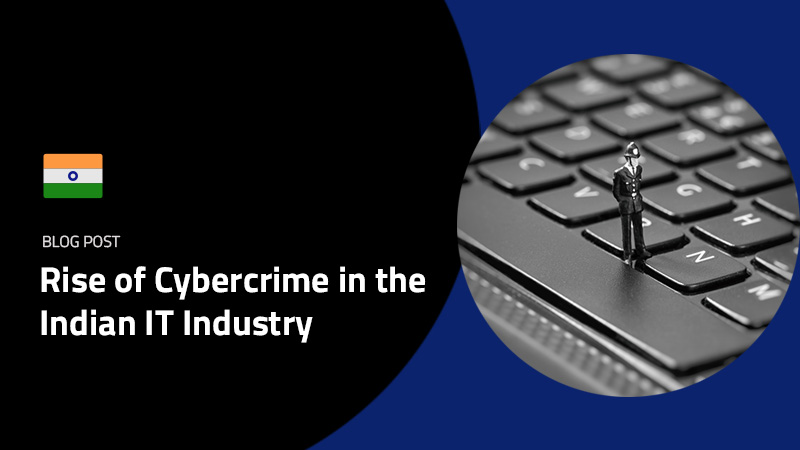It’s easy to see why employers in Hong Kong may want to monitor workers in the wake of a December 2014 survey by the recruiting firm Robert Half International. The survey asked chief technology officers and chief information officers:
“How much of your employees’ online activity is spent on non-work related sites such as social media, online shopping, travel sites?”
The answer was 13.24 percent, according to the survey.
Employers are allowed to monitor workers in Hong Kong, and while the practice is only governed by guidelines, not rules, employers are encouraged to follow them.
Is it appropriate?
Before monitoring workers’ email or internet usage, employers should consider a number of factors, according to the international law firm Norton Rose Fulbright. These factors include:
- What risks would be assessed through monitoring
- What benefits would be achieved
- The impact on employee privacy
- Possible alternatives to monitoring
- How to protect personal employee data obtained as a result of the monitoring
Full Disclosure
Employers should inform their workers that their computers, email and internet usage may be monitored. In addition, they should tell them how they will be monitored.
In accordance with the PDPO, data may only be collected by means that are “fair in the circumstances” and data collection should be kept to an absolute minimum. — Norton Rose Fulbright
To Catch a Thief
Despite the disclosure guidelines, Hong Kong regulations do allow some clandestine monitoring if employers don’t want to tip their hand:
Concealed’ monitoring may be permitted where there is a legitimate rationale to undertake it and where all other options have been considered and appropriately rejected.” — Norton Rose Fulbright
Employee monitoring software offers options to stay on top of worker productivity, data security and more. For a look at monitoring software, visit the Digital Endpoint website.






